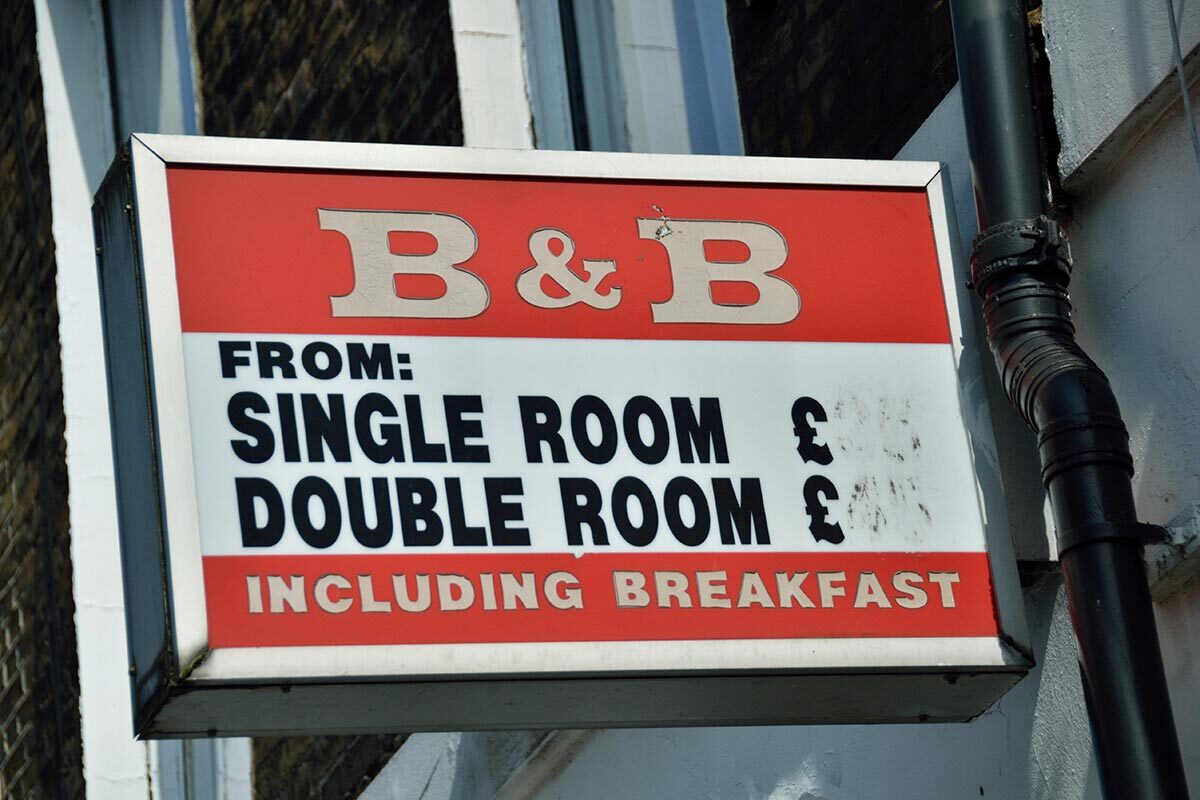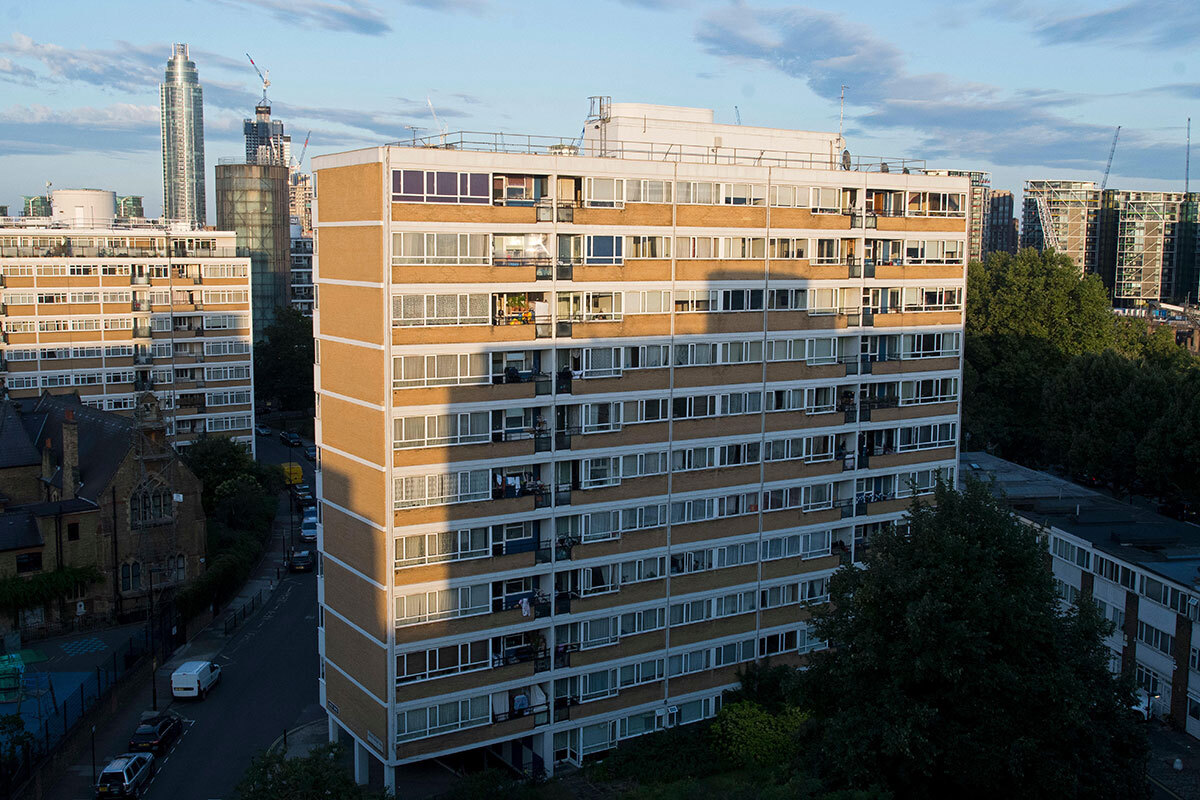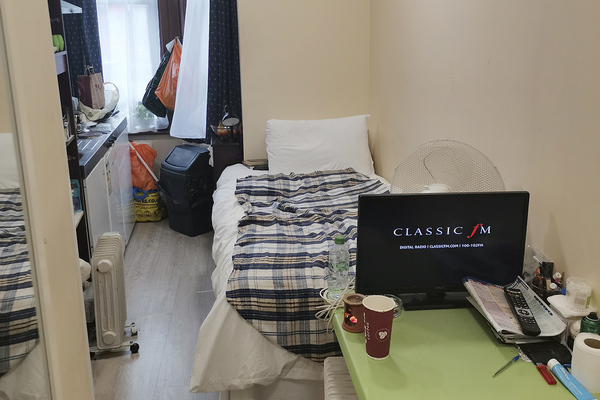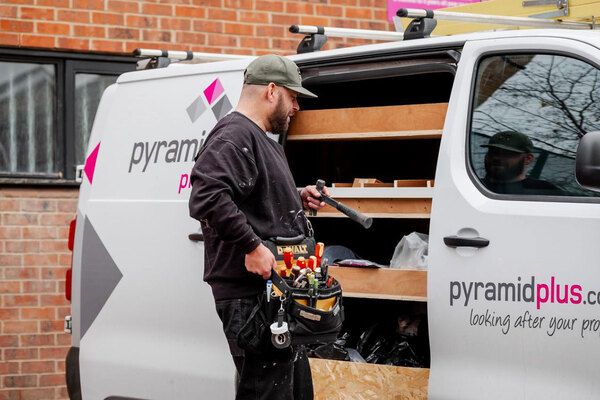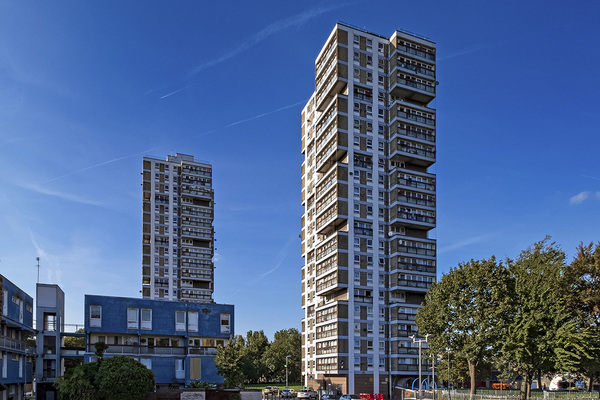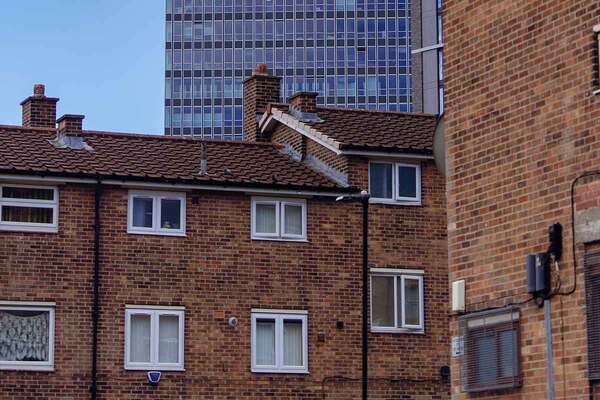You are viewing 1 of your 1 free articles
London voluntary and housing professionals warn of ‘unprecedented crisis’ in temporary accommodation
Housing and voluntary professionals in London have urged the government to tackle an “unprecedented crisis” in the supply of temporary accommodation in the capital.
The warning was issued in a joint letter to housing secretary Michael Gove, which was signed by housing officers, London deputy mayor for housing Tom Copley and the London Housing Panel, a group of 15 voluntary organisations.
They warned that local government alone cannot solve the deepening problem of homelessness.
The number of households living in temporary accommodation in the UK has reached its highest level since 2005, with more than 100,000 households affected across England. Almost 60% of these households are in London, including 75,580 children.
Due to the shortage of temporary accommodation, the letter said, families are being moved to flats, hostels or hotels far from their previous homes. They can also be stuck in temporary accommodation for long periods of time, which can have a lasting impact on people’s work, education, health and finances.
The organisations urged the government to provide long-term investment in new social rented homes and to raise Local Housing Allowance (LHA) rates so that fewer people become homeless.
Since 2000, the number of social rented homes in London has fallen by about 75,000, or 10%.
The letter also called for an immediate increase in discretionary housing payment funding, as well as new, enforceable national standards for temporary accommodation in line with decent homes standards.
Temporary accommodation often lacks decent amenities to cook, do laundry, access the internet or allow children to play safely, which in turn affects child health and development, the organisations said.
Dinah Roake, chair of the London Housing Panel, said: “More than 160,000 Londoners are homeless and relying on overcrowded, expensive temporary accommodation. For too many families, their stay in this accommodation is far from temporary, and has devastating impacts on their health, well-being and lives. This isn’t acceptable.
“The government must act urgently to address this crisis: invest in more social homes and raise LHA rates so that people of all incomes can afford to continue to live in their city, and bring in national standards so that when people do have to stay in temporary accommodation, their stay is safe, healthy and short.”
Mr Copley said: “Rather than a short-lived stepping stone back into a safe, settled home, Londoners and their children are ending up stuck in unsuitable accommodation for months, or even years, at a time, lacking the stability, amenities and support they desperately need.
“The government must urgently step up to invest in affordable and social rented homes for homeless households to move into, alongside increasing standards and regulation, and ensuring that welfare benefits adequately cover the housing costs of people who are in need. Only this will address housing inequalities in London and ensure that a stay in temporary accommodation is safe, healthy and short.”
Jamie Carswell, co-chair of the London Housing Directors’ Group and director of housing and safer communities at the Royal Borough of Greenwich, said: “The recent unprecedented reduction in the availability of private rented accommodation combined with skyrocketing rents represent a full-blown emergency.
“Without sufficient affordable accommodation to house these Londoners in the capital there are clear implications that will reverberate across the country. No London borough wants to place families in B&B or hotel accommodation, as we recognise that such conditions have a highly negative impact on residents, particularly children.
“However, we’ve been left with no other options and need to ensure families at least have a roof over their head.”
In response, a Department for Levelling Up, Housing and Communities spokesperson said: “Temporary accommodation is an important way of ensuring no family is without a roof over their head, but we have been clear that this type of accommodation is always a last resort.
“We are determined to reduce its need by preventing homelessness before it occurs. Councils must ensure temporary accommodation is suitable for families, who have a right to appeal if they think it does not meet their household’s needs.
“That’s why we have given them £2bn over three years to help them tackle homelessness and rough sleeping, targeted to areas where it is needed most. In London, this includes over £320m funding through the Homelessness Prevention Grant for 2023-24 and 2024-25.”
The government also reiterated its commitment to delivering 300,000 new homes per year and investing £11.5bn in affordable housing.
Sign up for our Council Focus newsletter
Already have an account? Click here to manage your newsletters
